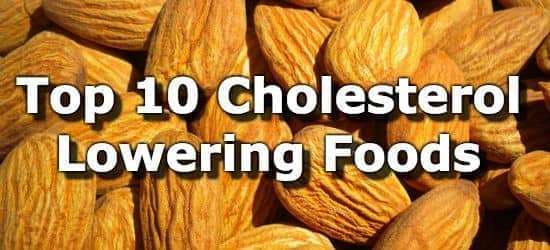Sunny-Side Up: In Defense of Eggs - The Atlantic


The role of cholesterol oxidation products in food toxicity - ScienceDirect
5 Simple Techniques For Keeping It Fresh: Learning About Non-fat Dry Milk - U.SDairy
The oxycholesterol group revealed greater deposition of cholesterol in the lining of their arteries and a tendency to establish larger deposits of cholesterol. These fatty deposits, called atherosclerotic plaques, increase the risk for heart attack and stroke. Most notably, according to Chen, oxycholesterol had unfavorable effects on "artery function." Oxycholesterol reduced the flexibility of arteries, impairing their ability to broaden and carry more blood. That growth can allow more blood to stream through arteries that are partly obstructed by plaques, possibly decreasing the risk that an embolisms will form and cause a cardiovascular disease or stroke. However a healthy diet plan abundant in anti-oxidants can counter these impacts, Chen stated, noting that these compounds may block the oxidation procedure that forms oxycholesterol.
Oxidized Cholesterol in the Diet Accelerates the Development of Aortic Atherosclerosis in Cholesterol-Fed Rabbits - Arteriosclerosis, Thrombosis, and Vascular Biology
Healthy options to fast-food, which also increases oxycholesterol, include whole grains, fresh vegetables and fruits, seeds, and nuts. Researchers do not understand whether the popular anti-cholesterol drugs called statins lower oxycholesterol, Chen said. Hong Kong Grant Research study Council provided financing for this study. An advisory body of the Hong Kong Unique Administration Region of individuals's Republic of China, the Council is accountable for moneying government-sponsored scholastic research study jobs.

Cardiovascular disease and cholesterolHeart illness is the leading cause of death in the United States. You have actually probably heard that excessive saturated fat can cause high cholesterol and ultimately heart disease. Oxidized cholesterol is what positions the threat here. Cholesterol is a wax-like compound that occurs naturally in your body, which requires it to operate. You also get cholesterol from the foods that you eat. If you have an accumulation of cholesterol in your blood stream, it can form a compound called plaque in between layers of your artery walls. The buildup makes it harder for your heart to keep the blood distributing.
The Best Guide To Oxidized lipids: a key to heart disease? - You Can Try This Source
Strokes happen when a clot blocks any of the arteries that cause the brain. If an artery resulting in your heart is obstructed, you can have a cardiovascular disease. There are 2 types of cholesterol: high-density lipoprotein (HDL), likewise referred to as great cholesterol, and low-density lipoprotein (LDL), likewise referred to as bad cholesterol. LDL is comprised of fats and proteins and adds to plaque buildup in the arteries. This extra accumulation makes the arteries less flexible and leads to atherosclerosis, or hardening of the arteries.
